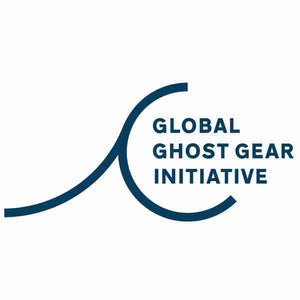
Global Ghost Gear Initiative (GGGI)
To ensure safer, cleaner oceans by driving economically viable and sustainable solutions to the problem of ghost fishing gear globally.
The Problem
Lost or abandoned fishing gear, known as “ghost gear”, is at least four times more likely to impact marine life through entanglement than all other forms of marine debris combined. It is estimated that at least 640,000 tonnes of fishing gear are lost or abandoned in our oceans each year, and some estimates put that number much higher - some recent studies suggest up to 60-70% of macroplastic in the ocean by weight is ghost gear. Ghost gear costs governments and marine industries hundreds of thousands of dollars annually in clean-up expenses and lost fishing time.
Ghost gear also compromises yields and income from our fisheries – an estimated 5-30 percent decline in some fish stocks and damage to important marine habitats can be attributed to ghost gear – creating higher costs for companies sourcing fish and contributing to global food losses. Of all known marine mammal species, over 40 percent have been affected by ghost gear, with many of these species being included on the International Union for Conservation of Nature Red List of threatened species.
The adverse impacts of ghost gear have been made even worse by the introduction of non-biodegradable or plastic fishing gear, predicted to persist in the marine environment for up to 600 years. Ghost fishing gear (if measured by weight) accounts for over half of all macro plastics in our oceans today and will eventually break down into micro plastics, be consumed by marine animals and, ultimately, enter the human food chain.
The Solution
The Global Ghost Gear Initiative (GGGI) is a cross-sectoral alliance committed to driving solutions to the problem of lost and abandoned fishing gear (ghost gear) worldwide. It is an established platform under which the global community can unite to improve the health and productivity of marine ecosystems, protect marine animals from harm, and safeguard human health and livelihoods. The work of the GGGI is focused on ghost gear, but also directly impacts on the issue of marine plastics and micro plastics, and provides tools for effective action against illegal, unreported and unregulated fishing.
Through the GGGI collective, which includes 80 unique participant organizations from around the world, including NGOs, fishing companies, private sector and academia, we have helped establish numerous ghost gear prevention, removal and recycling projects around the world, with the aim of trialing new technology and methodologies and scaling these solutions up to have maximum impact.
Rather than choose one specific project, any funding secured through Shared Nation will be distributed to a project in greatest need of additional funds to continue its work, or to get started - likely in a developing country such as Indonesia, Nigeria, Sri Lanka or Myanmar. A list of GGGI projects can be found here: https://www.ghostgear.org/solutions.
Stage of Development
- Early Stage
- Established Prototype
- Scaling
- Other
Organization to Receive Funds
As GGGI is not itself a legal entity, funding would go to World Animal Protection (currently the GGGI founder and lead partner through which the funds will be distributed to a specific GGGI project according to which requires the most need of additional funding).





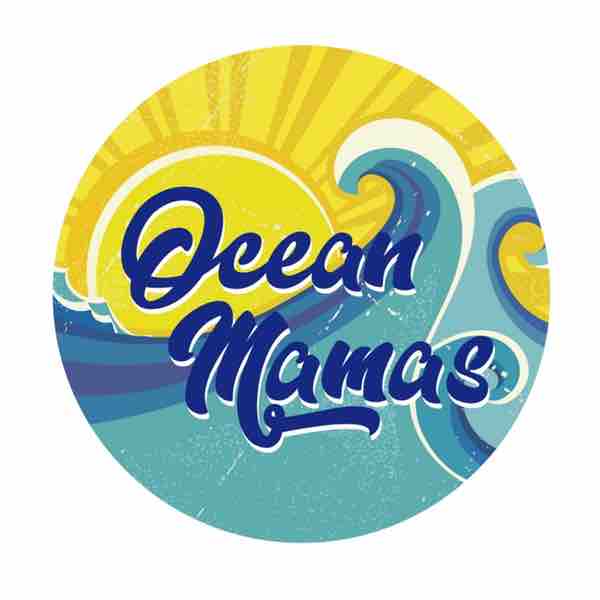
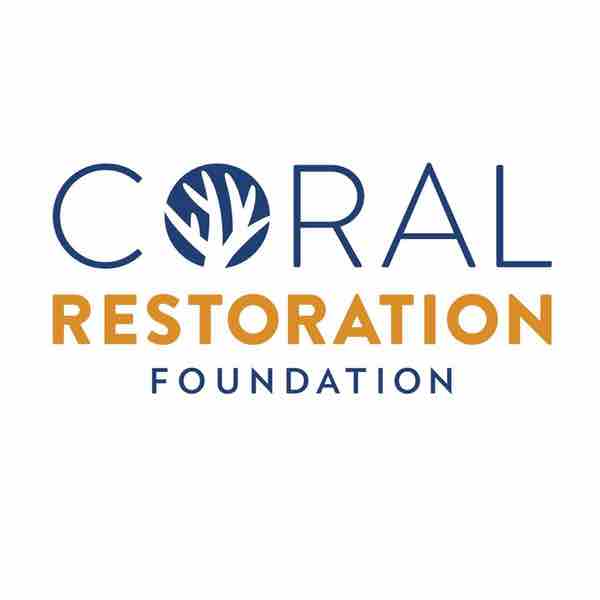
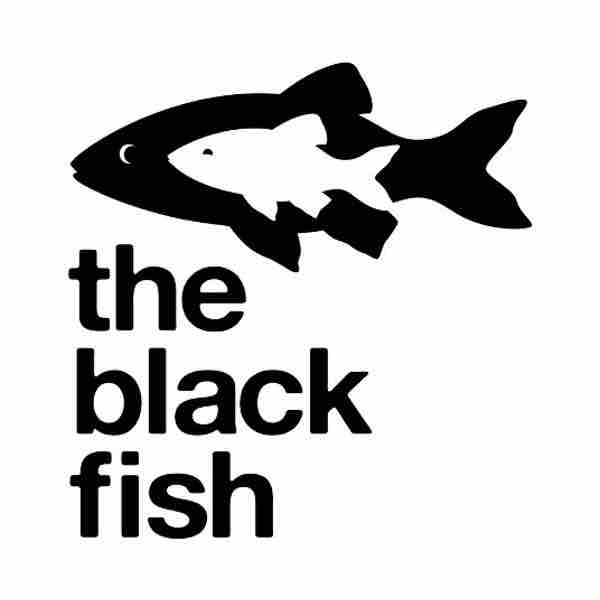
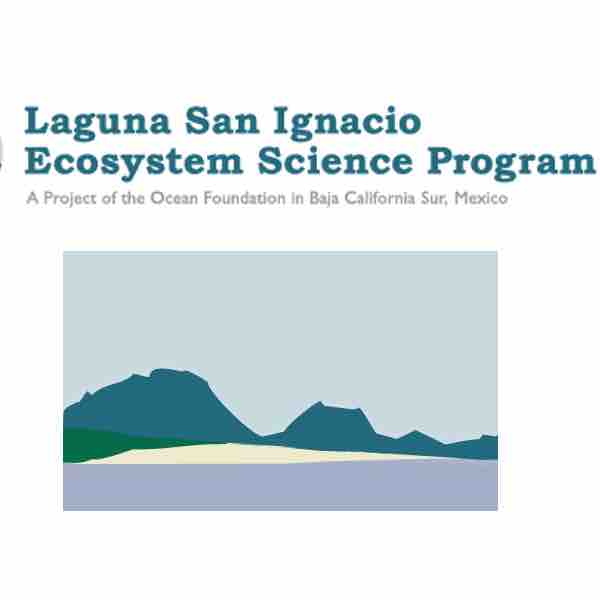
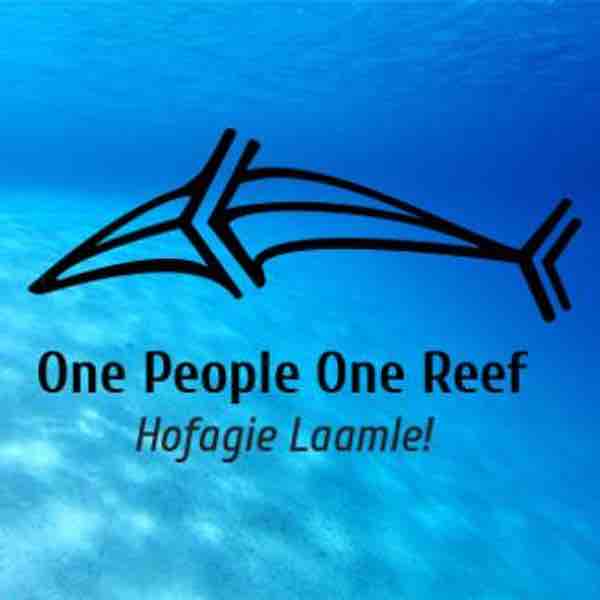
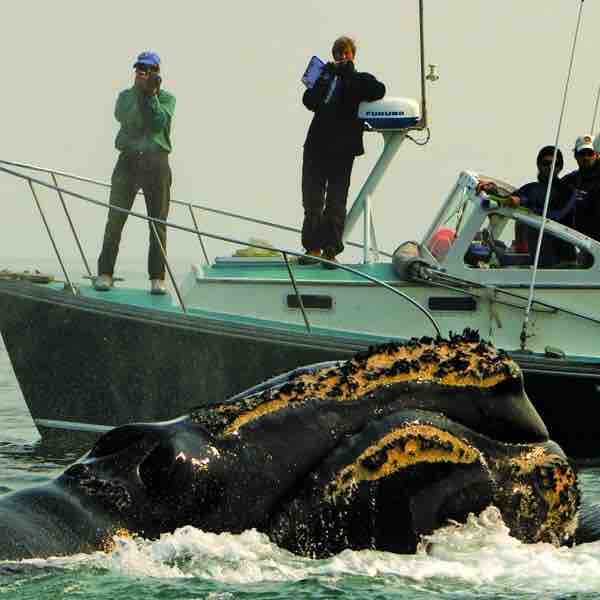

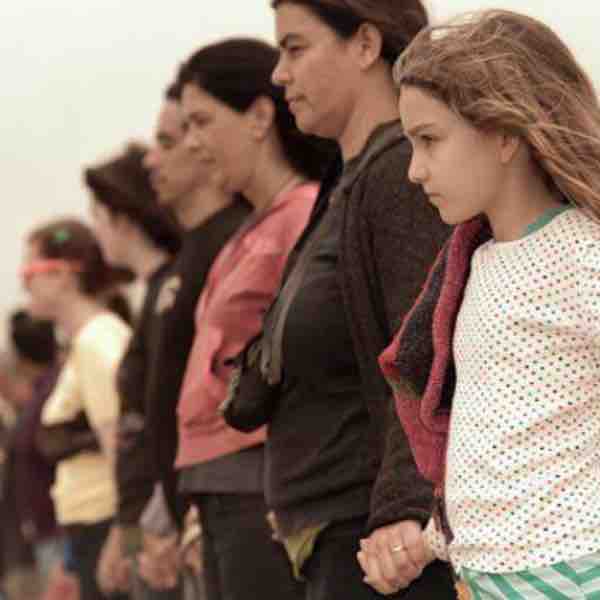
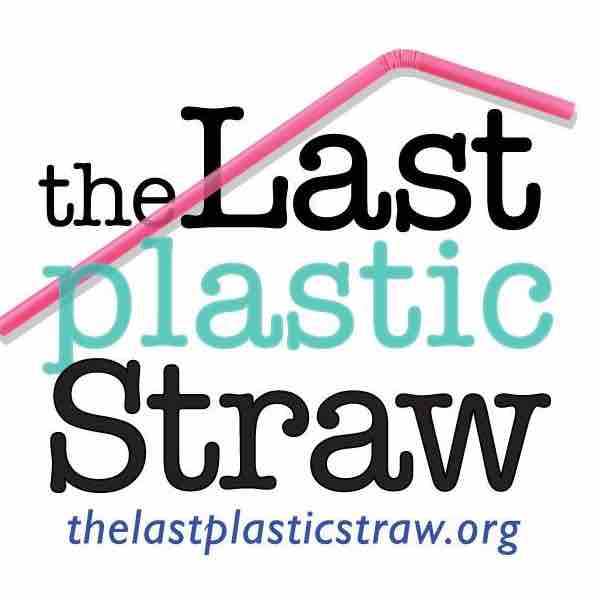
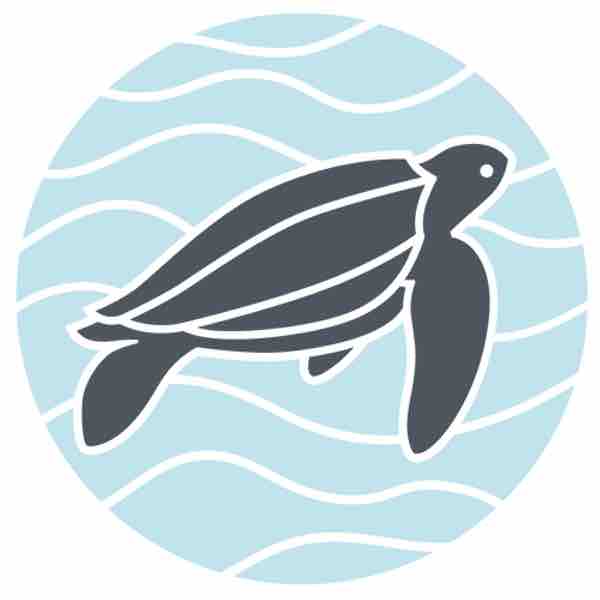


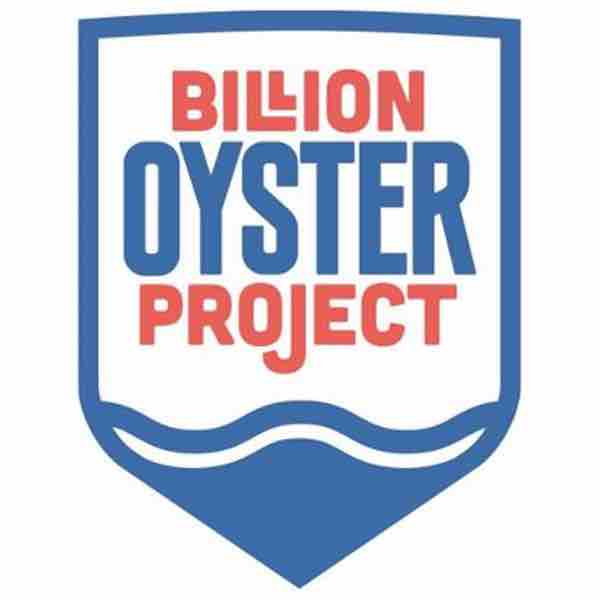
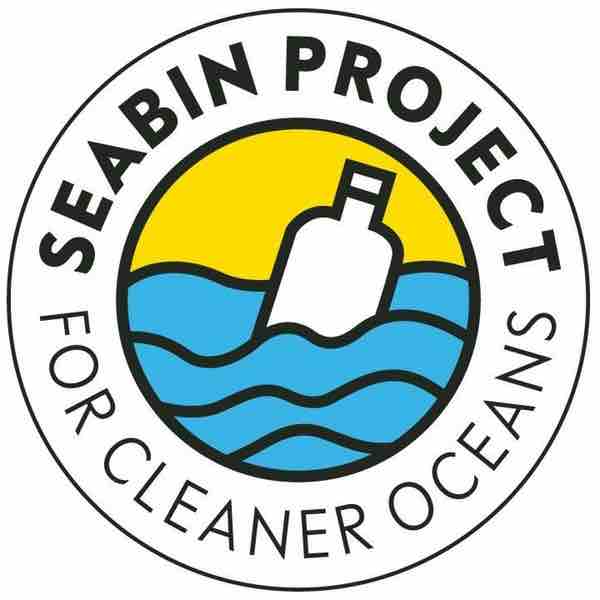
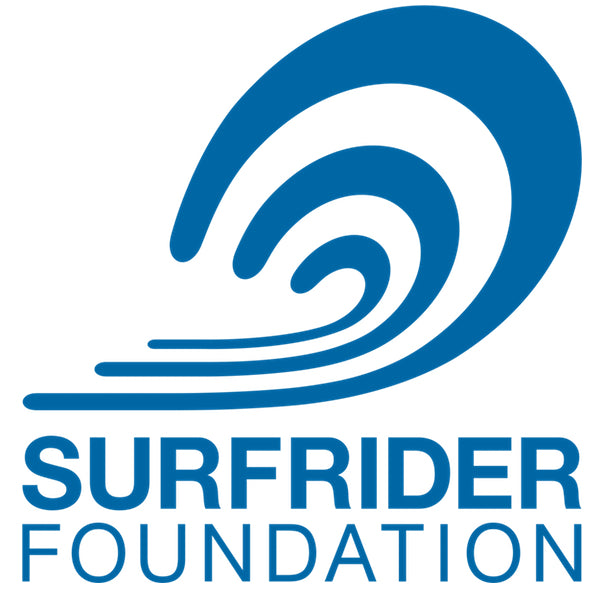
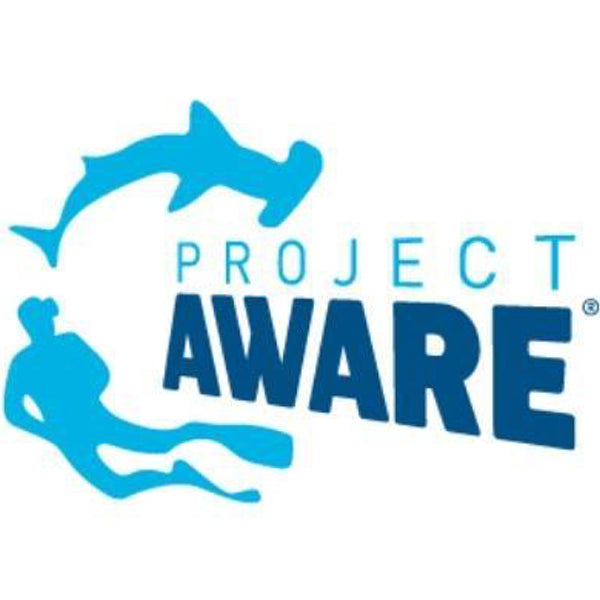

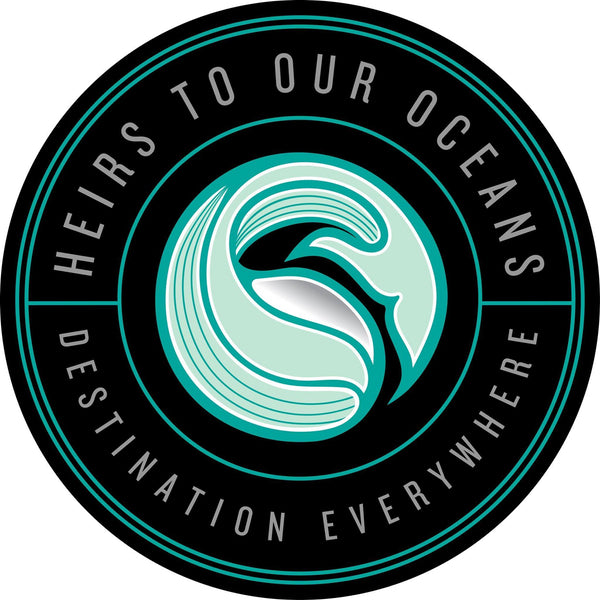
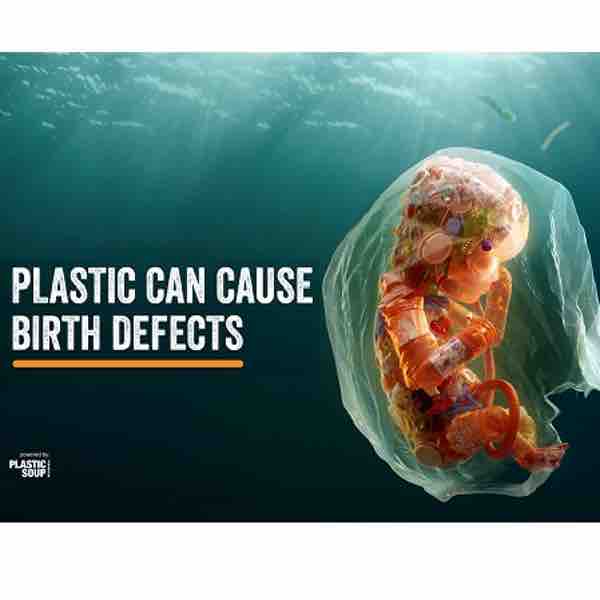
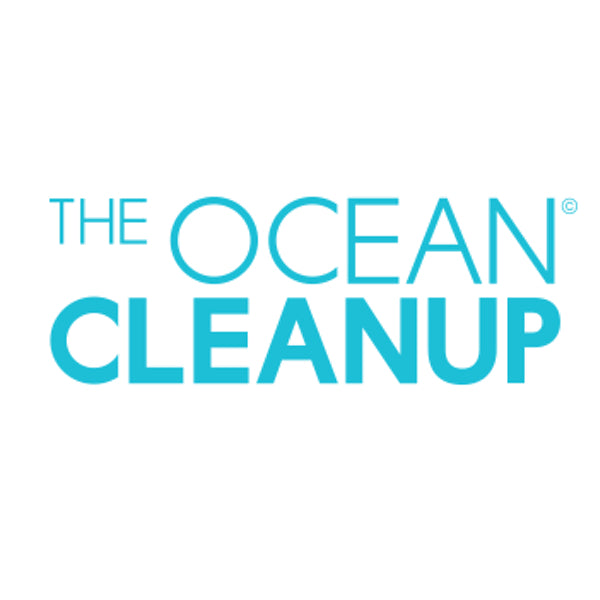
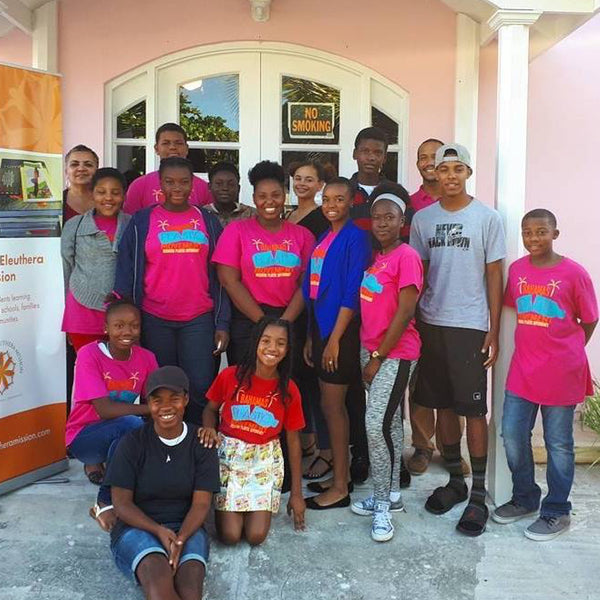
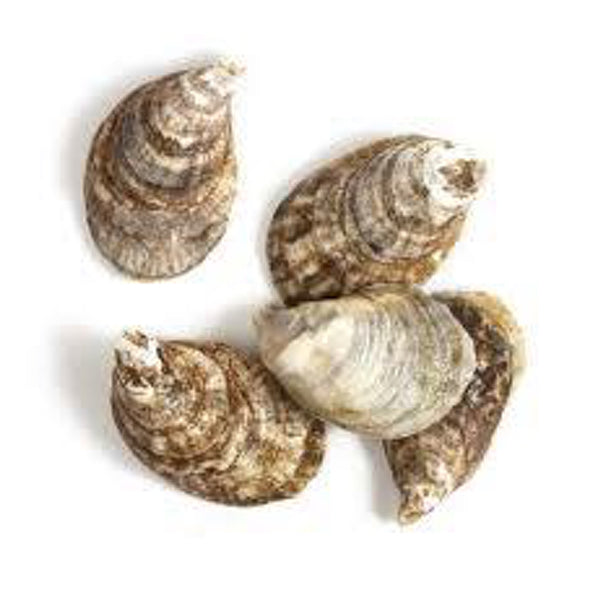
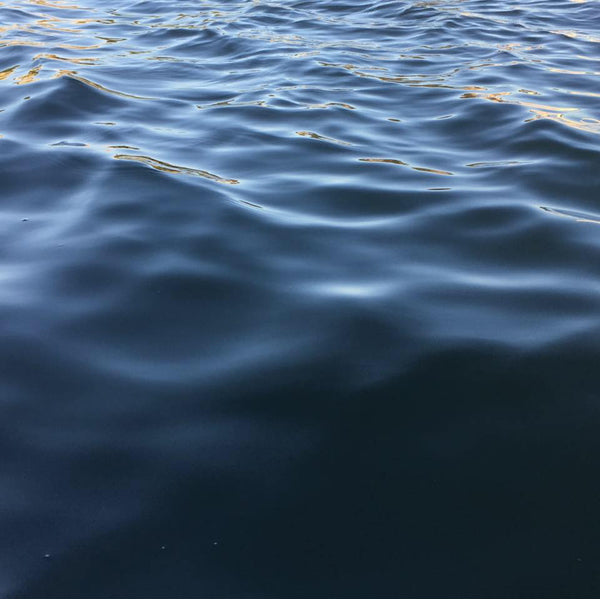
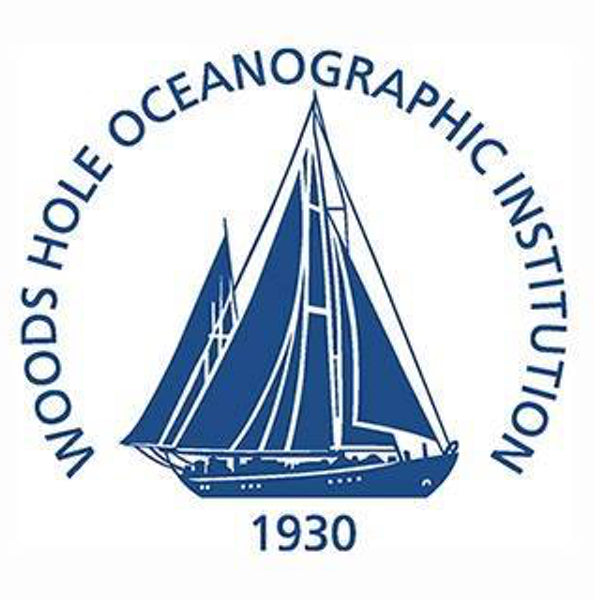
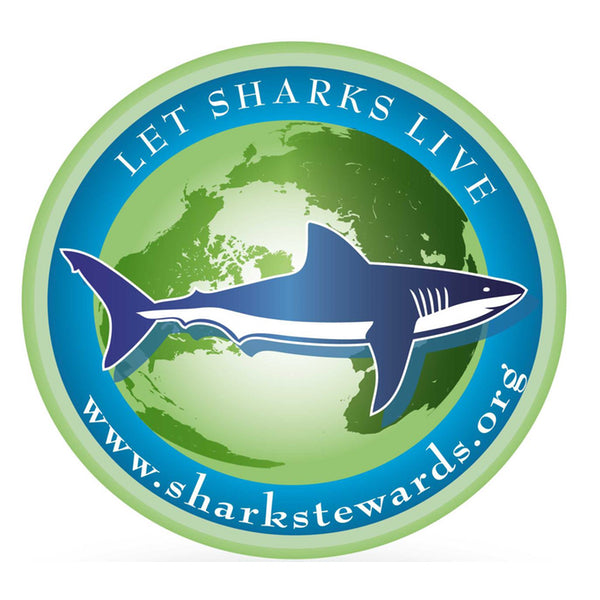
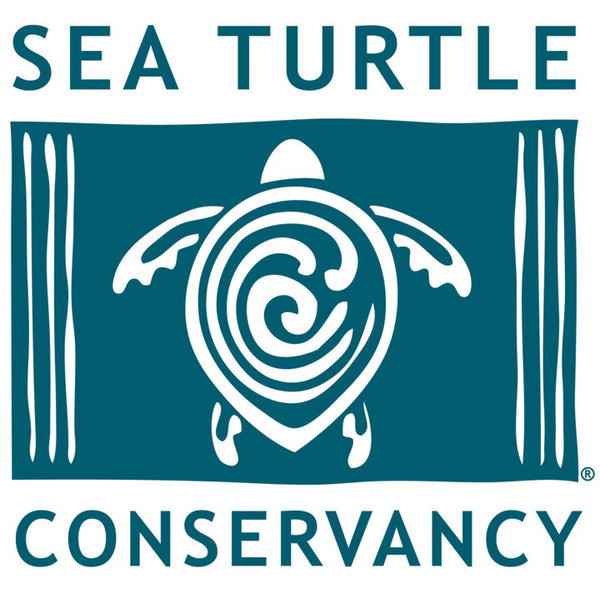
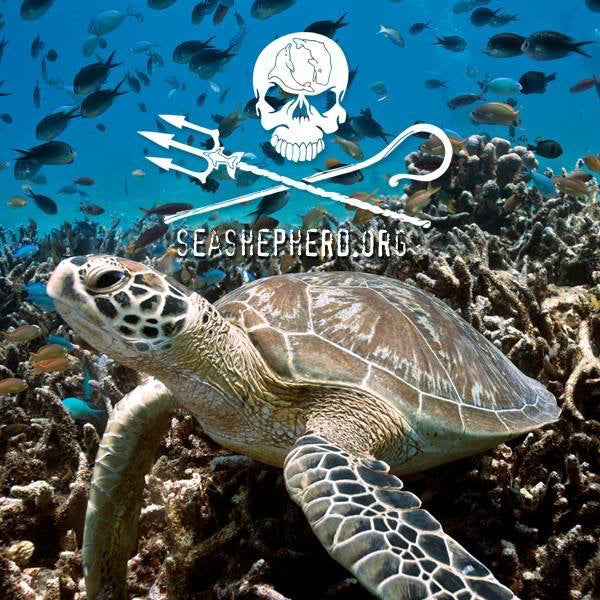
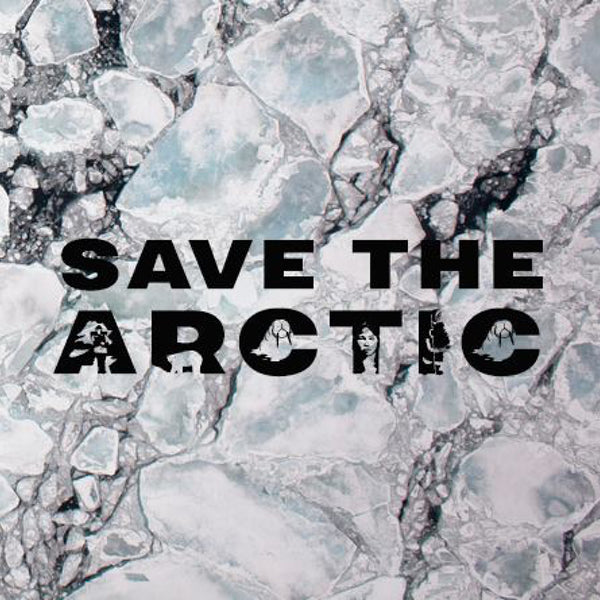
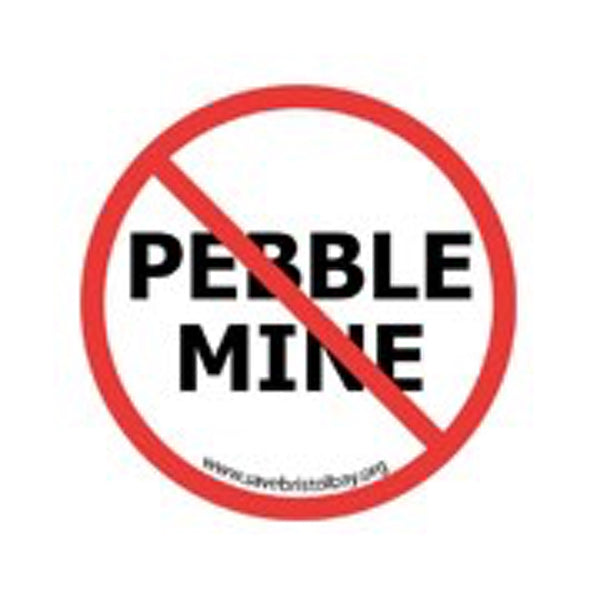
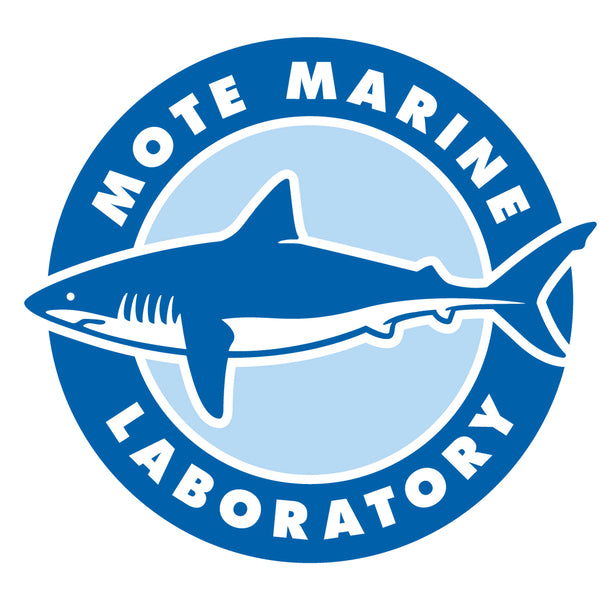

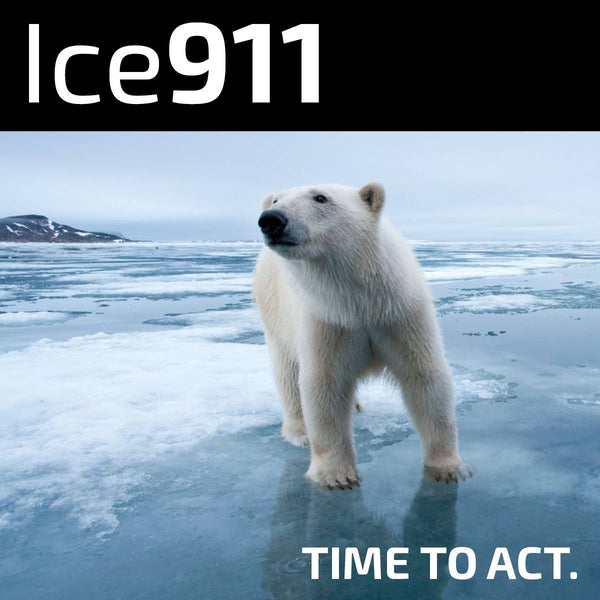
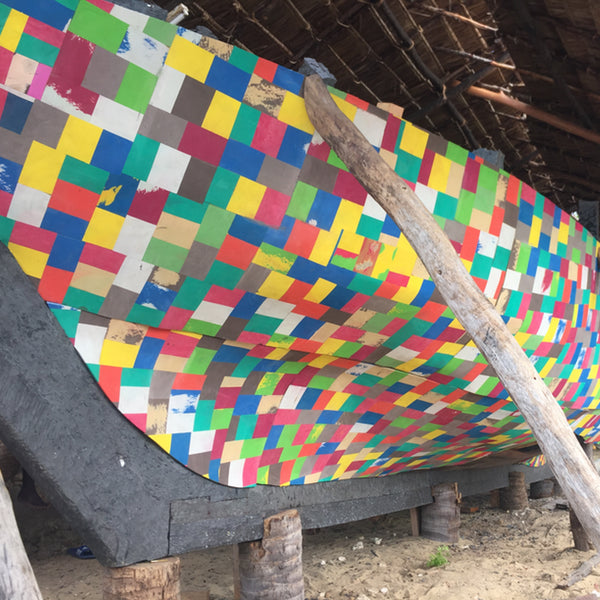
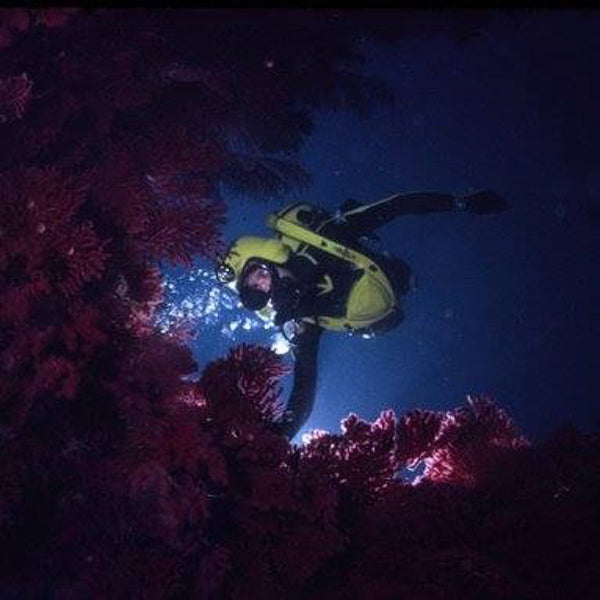
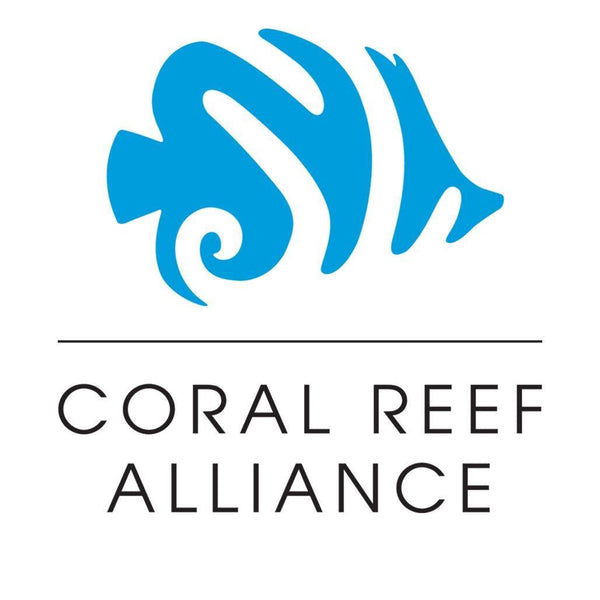
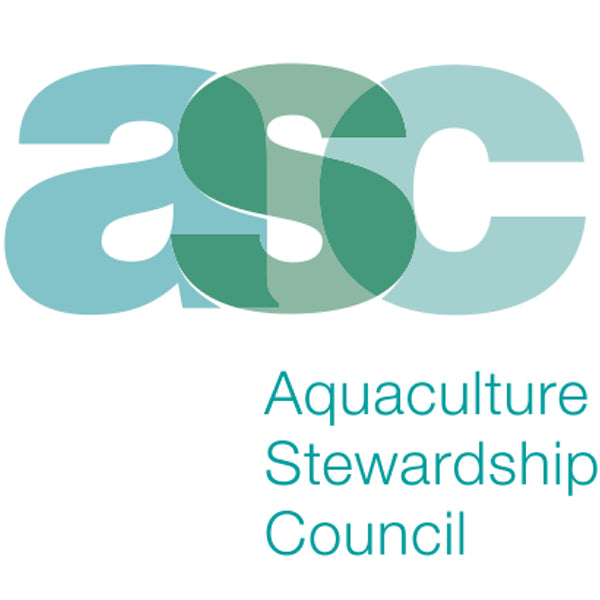
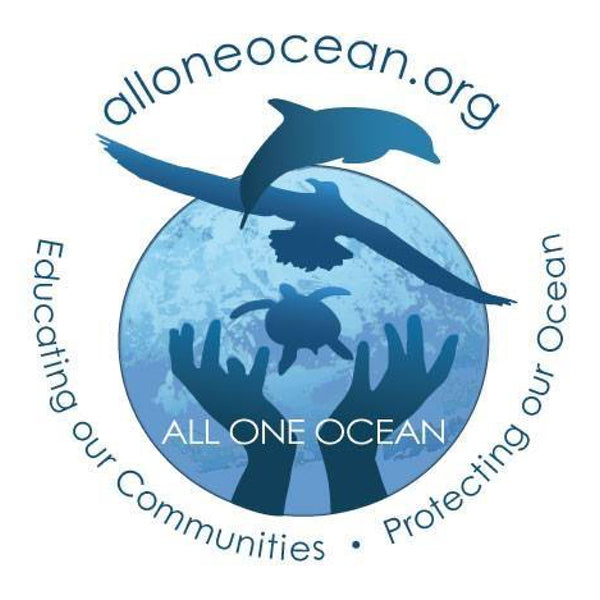
Join The Discussion